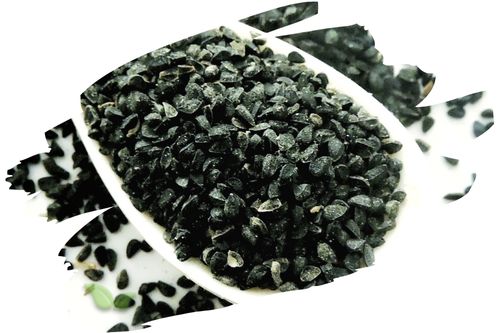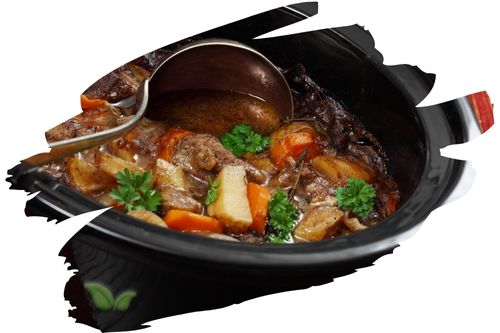
At iSpice, we know that healthy eating is a journey. We’re here to support you with a wide variety of seasonings made with the finest, healthiest herbs and spices in the world.
Our Wellness and World Flavors collections are crafted to inspire delicious, better-for-you meals cooked at home. Whether you’re looking for healthy alternatives, bold flavors from around the globe, or both, iSpice is your one-stop-shop for the ultimate, versatile seasoning blends. The best part? We’ve taken all the guesswork out of knowing how to season your food the healthy way.
A Homemade Creole Seasoning is a striking zest mix regularly used to prepare food rather than salt. Fixings incorporate basil, ground cayenne, celery seed, parsley drops, thyme leaves, dark pepper, garlic, cumin, mustard, and oregano.
It is regularly utilized in the darkening of various kinds of fish, particularly redfish. Creole people are relatives of French Canadians who got comfortable in South Louisiana. They adjusted natural French food to the neighborhood fixings: crayfish, sugar stick, and sassafras.
Creole seasoning is regularly mistaken for Creole enhancing. Albeit the terms Creole and Creole are presently utilized conversely, at one time these terms conjured different implications. Creole cooking began from Spanish pilgrims in eighteenth-century New Orleans, though currently referenced, Creole food is of French beginning. Both anyway are full-seasoned cooking styles.
Another comparability is that the two of them depend intensely on the culinary "blessed trinity" of ringer peppers, onion, and celery. Salt is typically the primary fixing in a Homemade Creole Seasoning mix. Table salt is most generally utilized because it breaks up simpler than ocean salt.
The flavor of Creole nation is the thing that such countless individuals assume of first when they hear the name Louisiana and particularly Creole. There is the confusion that "Creole" signifies amazingly fiery in all that is made yet this isn't true.
We utilize barely sufficient flavor and prepare to bring out and intensify the flavor of our food sources. There is a wide range of styles and brands of Homemade Creole Seasonings available; so, we should turn out a portion of the more well-known ones and some that might be accessible where you reside or some you might jump at the chance to request and attempt.
The Creoles were European pilgrims who made their homes in New Orleans and ranches along the Mississippi River. They were generally from Spain, Portugal, and France and were known for their riches. They were intensely associated with early transportation, banking, and cultivating enterprises. They partook in their riches and, similar to the Creoles, partaken in their food as well.
Creole food takes its foundations from French and Spanish foods yet also is impacted by Africa, Italy, and Germany and West Indies styles. The captives of the Creoles carried okra to Louisiana whose African name is 'gumbo'. Creole food shares large numbers of similar flavors and fixings as Creole food yet was naturally served in many courses and was introduced in a conventional European manner.
So, why is there such a lot of disarray concerning the two unique styles? The explanation is that over the long run, the two styles have made a kind of cooking style gumbo out of themselves. Both the Creoles and Creoles cherished their food sources and acquired pieces of each style, and consolidated them into their own. Without a doubt, it is most likely more straightforward to think about the likenesses between the two styles than it is to pinpoint the distinctions.
Both utilize an assortment of similar fish and untamed life, flavors, and vegetables just as the roux base. While it very well might be hard to define the boundary between both Creole cooking and Creole cooking, one thing can be said conclusively of both: They are both flavorful and not to be botched if the chance to enjoy is introduced!
Alert: While spices can have many beneficial properties for health, using them for medical purposes should be done under the guidance and supervision of a healthcare professional or specialist. Some spices may interact with medications or cause adverse reactions in certain individuals, and it is important to use them safely and appropriately. If you are considering using spices for a medical condition, it is important to consult with a healthcare professional before doing so.




















































